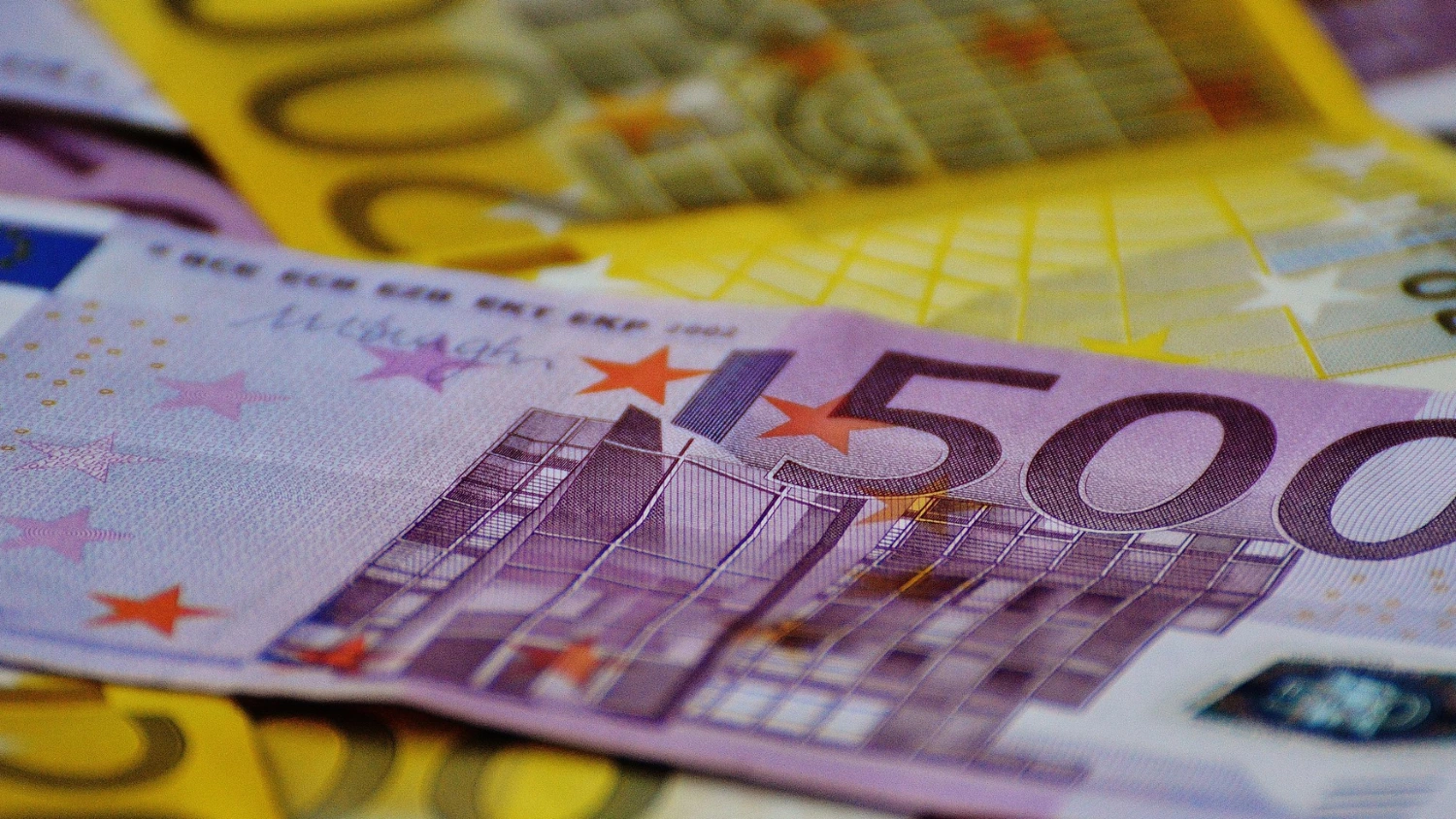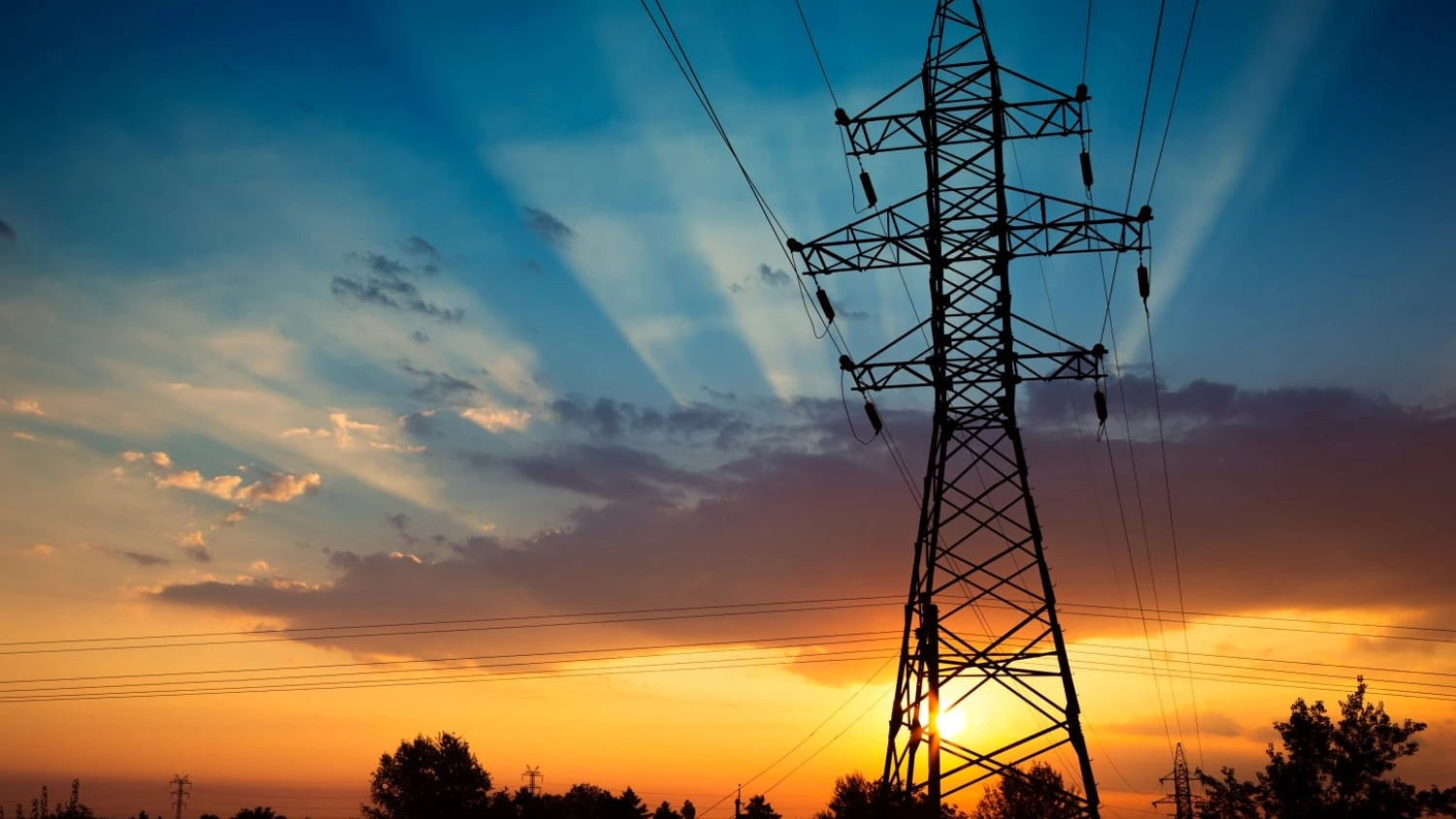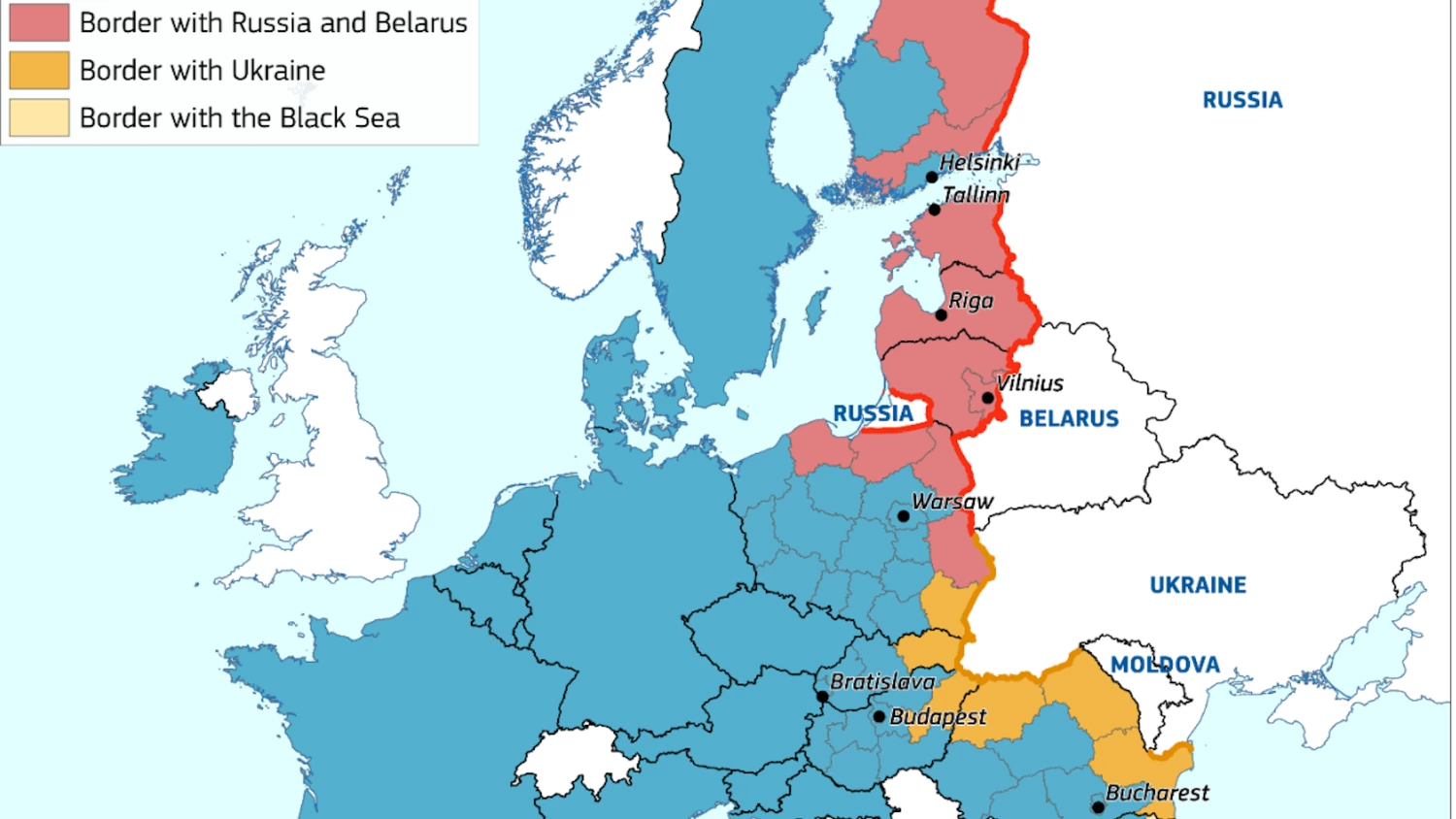On top of this comes the deregulation of energy prices starting July, which will exert additional growth pressure on inflation.
“Overall, we anticipate that these combined factors will push inflation into the 7.5-8.0% range in the coming months, which will likely settle closer to 7.5% by year-end. A strong disinflationary base effect is expected to take hold in the second half of 2026, which should bring annual inflation down toward the 4.0-4.5% range,” wrote Ștefan Posea, ING Romania Economist, in a report.
Posea added that Romania's economy is coming closer to stagnation over the new fiscal measures.
“If the economy were to flatline in sequential quarterly terms for the remainder of the year, annual growth could slip to just 0.3% in 2025 – an outcome that now appears more plausible than our already below consensus forecast of 0.8%,” according to Posea.
On this backdrop, ING Romania expects the central bank to keep the key interest rate steady at 6.50% in the next July meeting. In fact, the bank estimates that the key rate will be unchanged by Q1 2026.










